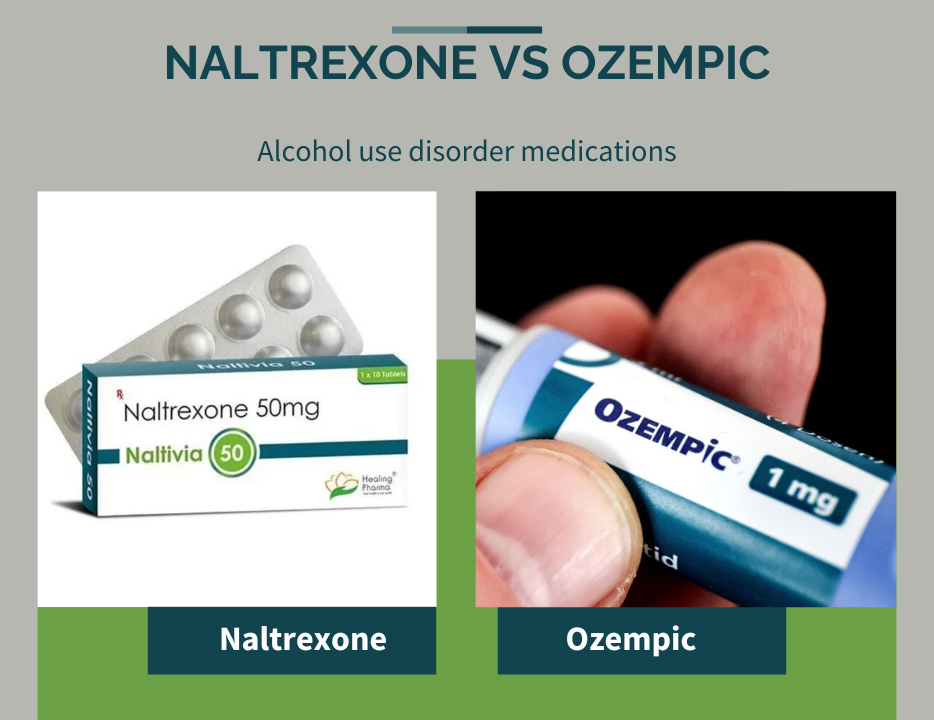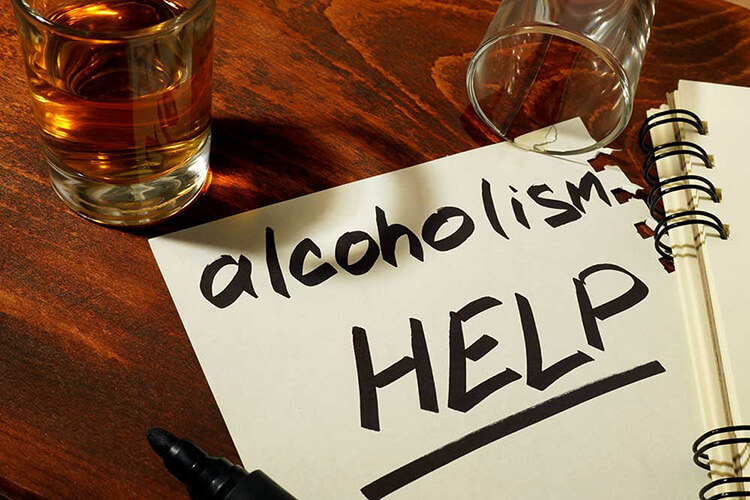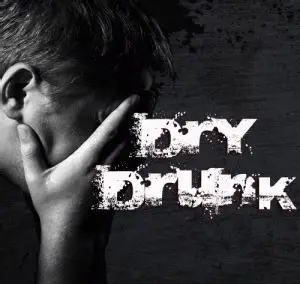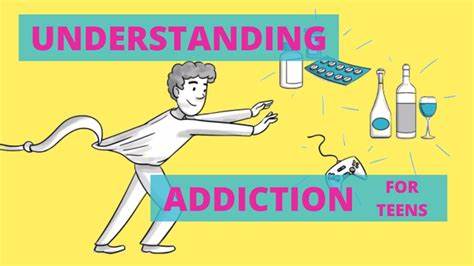Naltrexone versus Ozempic
Naltrexone and Ozempic take different approaches to treating alcohol use disorder (AUD). Naltrexone is FDA-approved, affordable, and well-studied; Ozempic is promising but off-label, costly, and less researched. Ethical concerns include access, safety, and informed consent. Both have side effects, and choosing between them reflects the trade-off between innovation and proven care. Naltrexone vs. Ozempic: Comparing … Read more








